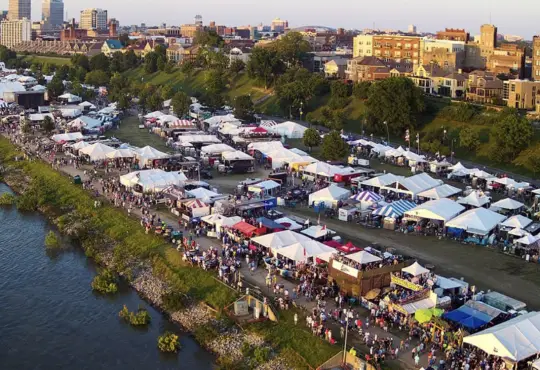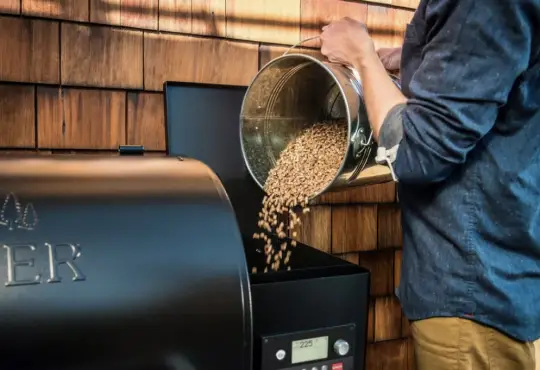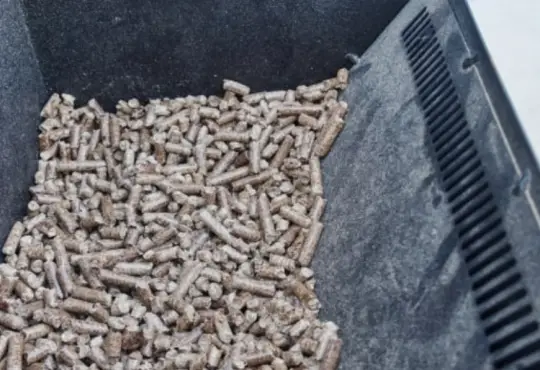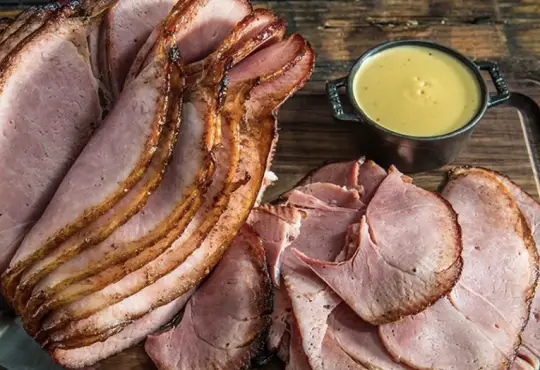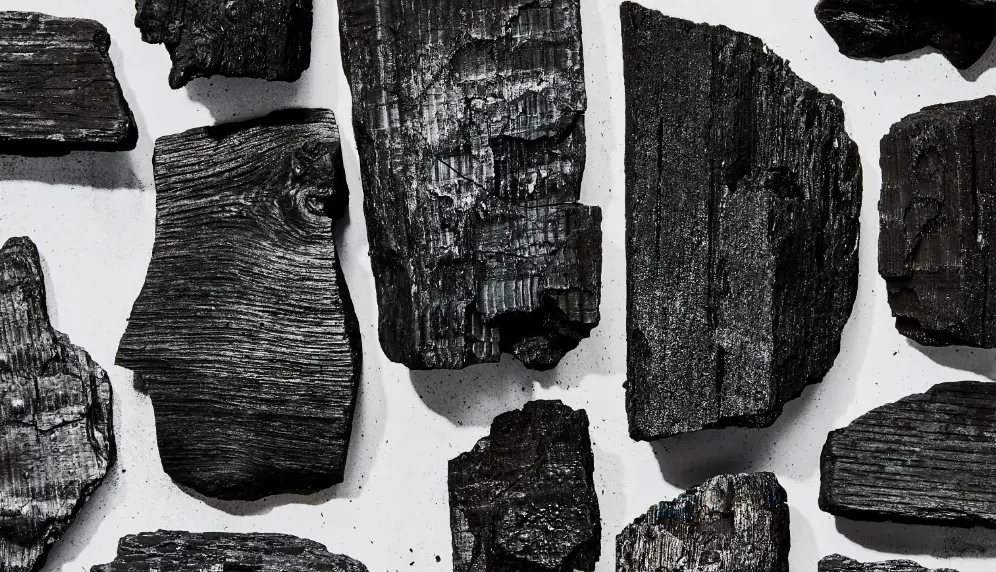
Up in Smoke? Does Charcoal Go Bad?
Charcoal is a staple for outdoor cooking enthusiasts, providing the heat and flavor necessary for grilling and smoking a variety of foods. However, if you’ve found an old bag of charcoal tucked away in your storage, you might wonder whether charcoal can go bad over time. In this blog post, we’ll delve into the question of whether charcoal can expire and what factors might affect its quality and performance.
Understanding Charcoal Composition:
Charcoal is made by heating wood in a low-oxygen environment, which removes moisture and volatile compounds, leaving behind carbon-rich chunks. This process results in a porous structure that makes charcoal excellent for retaining heat and producing a consistent burn.
Does Charcoal Go Bad?
In general, charcoal doesn’t exactly “go bad” in the way that perishable foods do. However, there are a few factors to consider that can impact the quality and effectiveness of charcoal over time:
1. Moisture Absorption: Charcoal can absorb moisture from the air, especially if the bag is not properly sealed or if it’s exposed to high humidity. Moisture absorption can make the charcoal harder to light and lead to uneven burning.
2. Volatile Compounds: Over an extended period, charcoal can lose some of its volatile compounds, which are responsible for quick and consistent ignition. This might result in longer lighting times and potential difficulty in maintaining a steady burn.
3. Storage Conditions: Proper storage is crucial to maintaining charcoal quality. Keep charcoal in a cool, dry place and store it in a sealed container or the original bag to prevent exposure to moisture and the elements.
Signs of Charcoal Degradation:
While charcoal doesn’t technically go bad, there are signs that it might have degraded over time:
1. Hardening: Charcoal that has absorbed moisture can become harder to break apart and might not ignite as easily.
2. Foul Odor: If your charcoal emits a strange or unpleasant odor, it might have absorbed odors from its environment or developed mold due to moisture exposure.
3. Inconsistent Burn: If the charcoal doesn’t burn evenly or requires a longer time to light, it could be a sign of degradation.
Making the Most of Old Charcoal:
If you have old charcoal that shows signs of degradation, all hope is not lost:
1. Combine with Fresh Charcoal: Mixing old charcoal with fresh charcoal can help improve the overall quality and ignitability of the batch.
2. Use Chimney Starter: Using a chimney starter can help you light even older charcoal more effectively, as the direct heat from the bottom encourages better ignition.
Conclusion:
While charcoal doesn’t exactly spoil or go bad, it can degrade over time due to moisture absorption, loss of volatile compounds, and improper storage. To ensure optimal performance and consistent results, store your charcoal in a dry place, seal the bag properly, and be attentive to any changes in its appearance or quality. By taking care of your charcoal and making a few adjustments, you can still achieve satisfying grilling and smoking experiences, even if you’ve unearthed an old bag from the depths of your storage.

